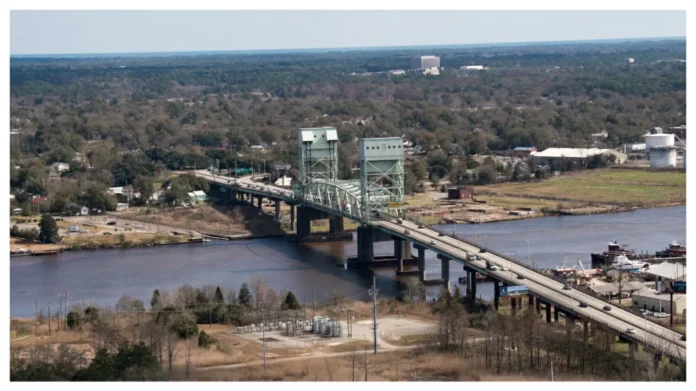The Senate has taken a crucial step towards improving the nation’s water resources by unanimously reauthorizing the Water Resources Development Act (WRDA) on Thursday. This biennial legislation, which authorizes projects led by the U.S. Army Corps of Engineers, is essential for the maintenance and development of our water infrastructure. The 2024 WRDA has been named after Senator Tom Carper (D-Del.), the Chair of the Senate Environment and Public Works Committee, who is set to retire next year. This reauthorization comes after the House passed their version of the bill on July 22, highlighting the bipartisan efforts to ensure the well-being of our water resources.
The WRDA is a vital piece of legislation that has been in place since 1974. It provides the necessary framework for the U.S. Army Corps of Engineers to carry out projects related to flood control, navigation, shoreline protection, and environmental restoration. These projects not only contribute to the safety and security of our communities but also play a significant role in our economy. The WRDA has been reauthorized every two years, with the last one being in 2018. However, with the current authorization set to expire at the end of this year, the Senate’s swift action to reauthorize it is commendable.
The 2024 WRDA, named after Senator Tom Carper, is a testament to his dedication and leadership in the field of environmental protection. Throughout his career, Senator Carper has been a strong advocate for improving our water resources and ensuring their sustainability for future generations. As the Chair of the Senate Environment and Public Works Committee, he has played a crucial role in shaping the 2024 WRDA and garnering unanimous support for its reauthorization. This bill stands as a tribute to his legacy and commitment to the well-being of our nation.
The House’s passage of their version of the WRDA on July 22 was a significant step towards the reauthorization process. The House version includes provisions for addressing climate change, promoting environmental justice, and investing in green infrastructure. These additions align with the current administration’s focus on tackling climate change and promoting sustainable development. The Senate’s unanimous reauthorization of the WRDA, which also includes these provisions, highlights the bipartisan efforts to address these critical issues.
The WRDA has a long history of receiving bipartisan support, and this reauthorization is no exception. The unanimous vote in the Senate is a clear indication of the bill’s importance and the recognition of the need to invest in our water resources. The WRDA has a significant impact on the lives of Americans, whether it is through flood control measures that protect homes and businesses, or through navigation projects that facilitate the movement of goods and boost our economy. This reauthorization ensures that these vital projects continue to receive the necessary funding and support.
Moreover, the WRDA also plays a crucial role in creating jobs and boosting the economy. The projects authorized by this legislation require skilled labor and provide employment opportunities in various sectors. This reauthorization will not only ensure the completion of ongoing projects but also pave the way for new ones, thus creating more job opportunities. Additionally, the investments in green infrastructure will also create jobs in the renewable energy sector, contributing to the nation’s transition towards a more sustainable future.
In conclusion, the unanimous reauthorization of the 2024 WRDA by the Senate is a significant step towards the betterment of our water resources. This legislation, named after Senator Tom Carper, showcases his dedication and leadership in protecting our environment. The bipartisan support for the WRDA highlights the recognition of the bill’s importance in ensuring the safety, security, and sustainability of our water resources. As the House and Senate versions of the bill are reconciled, we can look forward to the continued development and maintenance of our water infrastructure, creating jobs and promoting a greener future for all Americans.

